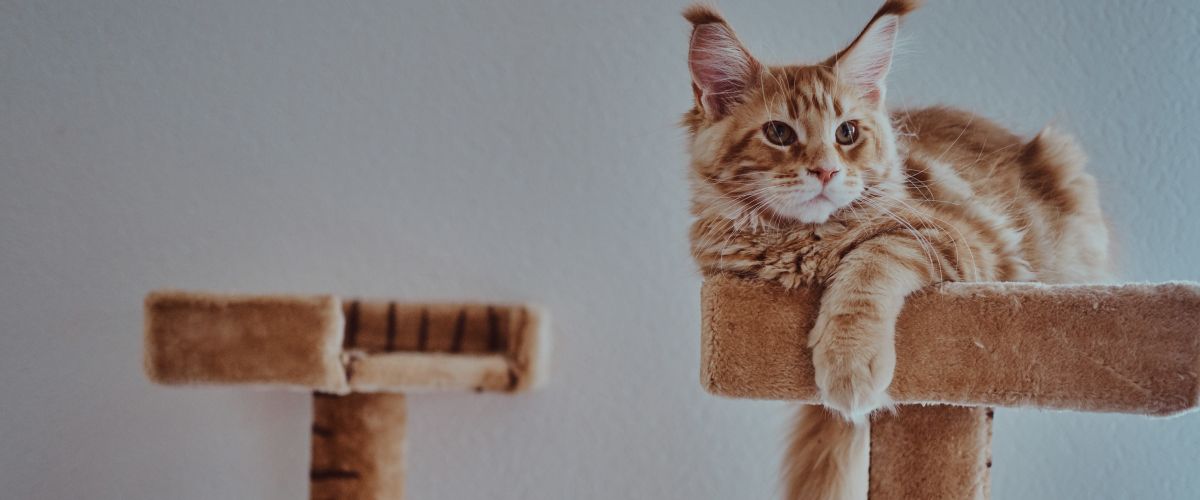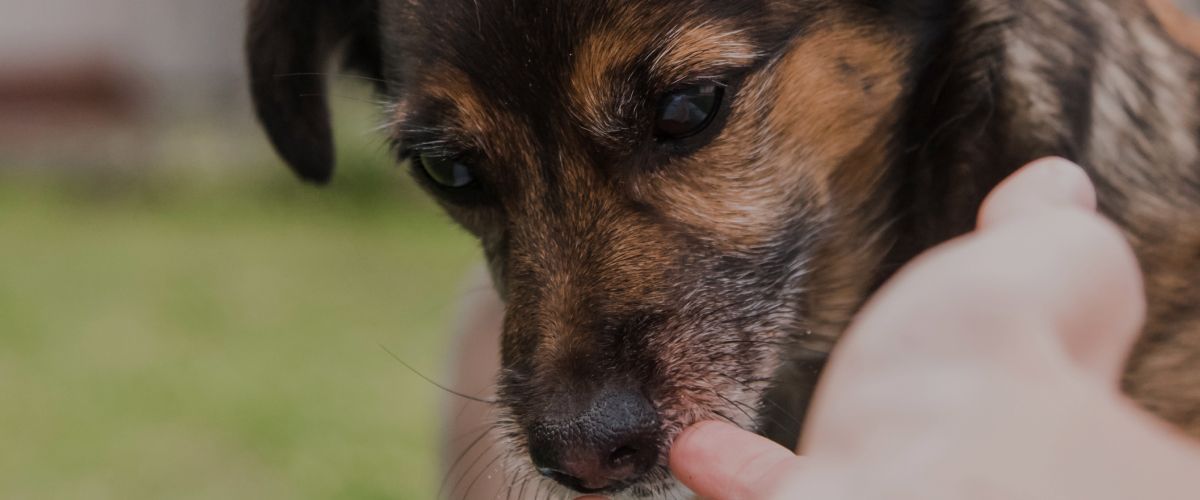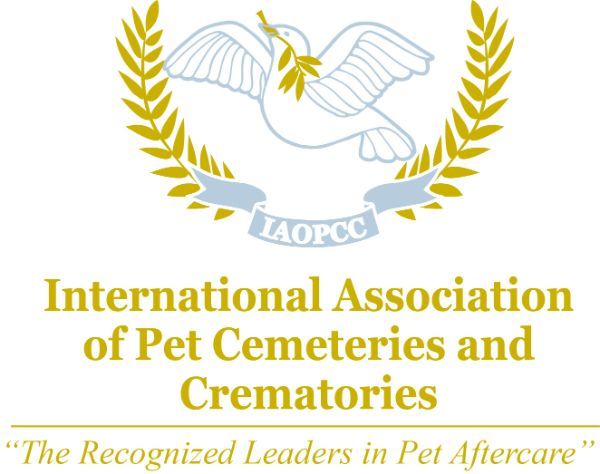Dental Care on Senior Pets
As our pets age, their needs change, including their dental health. Dental care for senior pets is crucial for their overall well-being, as older pets are more susceptible to dental issues that can lead to pain, infections, and even more severe health complications. This guide will cover the importance of senior pet dental care, common dental problems in older pets, and tips for maintaining a healthy dental routine.
Why Dental Care for Senior Pets Is Essential
Senior pets are more prone to dental issues because, over time, plaque and tartar build-up can lead to gum disease, tooth decay, and other oral health concerns. Without regular dental care, these problems can cause discomfort and lead to secondary issues affecting vital organs, such as the heart, liver, and kidneys. Prioritizing dental care for older pets can help ensure they remain comfortable and healthy, adding to their quality of life in their golden years.
Common Dental Problems in Senior Pets
As pets age, they may experience various dental problems that require attention. Some of the most common dental issues in senior pets include:
- Periodontal Disease : This is one of the most prevalent dental conditions in older pets, characterized by inflammation and infection of the gums and supporting structures of the teeth. Left untreated, periodontal disease can cause severe pain, tooth loss, and infection.
- Tooth Decay and Cavities : Over time, pets may develop cavities, especially if they have consumed a diet high in carbohydrates or sugary treats. Decaying teeth can lead to pain and infection, making it important to identify and treat these issues promptly.
- Broken or Fractured Teeth : Senior pets with weakened teeth are more prone to fractures. A broken tooth can expose sensitive nerves and blood vessels, causing significant discomfort. Dental care for senior pets should include monitoring for broken or damaged teeth.
- Oral Tumors and Growths : While less common, oral tumors can develop in older pets. Regular dental check-ups allow for early detection and increase the likelihood of successful treatment if any abnormal growths are found.
Signs of Dental Issues in Senior Pets
Recognizing the signs of dental problems in senior pets can help pet owners take timely action. Look out for the following symptoms that may indicate dental health issues:
- Bad breath (persistent and strong)
- Difficulty eating or chewing
- Pawing at the mouth or face
- Red, swollen, or bleeding gums
- Loose or missing teeth
- Excessive drooling
- Noticeable discomfort when eating or playing with chew toys
If your pet shows any of these signs, it’s essential to consult your veterinarian as soon as possible.
Dental Care Tips for Senior Pets
Maintaining a dental care routine can significantly improve your pet’s oral health. Here are some practical tips for keeping senior pets’ teeth and gums healthy:
- Regular Veterinary Check-Ups : Schedule dental check-ups at least once a year for senior pets. Regular exams allow your veterinarian to monitor your pet’s dental health, identify potential issues early, and recommend professional cleanings when needed.
- At-Home Teeth Cleaning : Brushing your pet’s teeth at home is one of the best ways to prevent plaque build-up. Use a pet-safe toothpaste and toothbrush, and aim to brush your pet’s teeth at least a few times a week. Be gentle and reward your pet with a treat or positive reinforcement afterward.
- Dental Chews and Toys : Special dental chews can help reduce plaque and tartar build-up. Look for products designed specifically for senior pets, as their teeth may be more sensitive. Avoid hard bones or toys that could damage or fracture teeth.
- Special Diets for Oral Health : Certain pet foods are formulated to support dental health by reducing tartar build-up. Ask your veterinarian if a dental diet would benefit your senior pet and whether it can complement their current nutrition.
- Water Additives and Oral Rinses : Dental water additives or oral rinses can also help keep your pet’s mouth clean. These products are easy to add to your pet’s water bowl and can aid in reducing plaque and freshening breath.
The Benefits of Senior Pet Dental Care
Investing in dental care for senior pets has lasting benefits. Good oral hygiene helps prevent pain and discomfort, reduces the risk of systemic infections, and contributes to your pet’s longevity. By staying proactive about your senior pet’s dental care, you’ll help them maintain a happier, healthier life.
When to Seek Professional Dental Care
Sometimes, professional dental care, including teeth cleaning and extractions, is necessary to maintain a senior pet’s dental health. If your pet has severe dental issues, consult your veterinarian about treatment options. Regular professional cleanings can help reduce plaque build-up and allow your vet to address any underlying problems that may not be visible to the naked eye.
Final Thoughts
Dental care for senior pets is an essential part of their overall health and well-being. By monitoring your pet’s dental health, providing regular at-home care, and seeking veterinary assistance as needed, you can help ensure your senior pet enjoys their later years with a bright and healthy smile. Remember, a happy pet is a healthy pet, and maintaining good dental hygiene is key to keeping your senior pet comfortable and content.
The post Dental Care on Senior Pets appeared first on Angelpaw.







